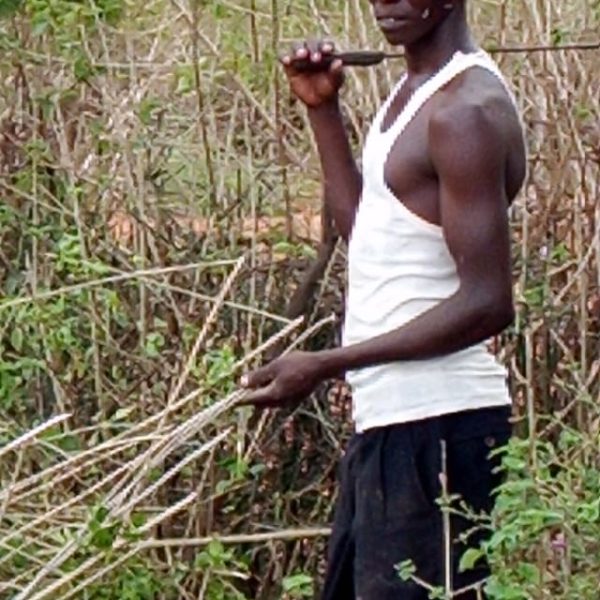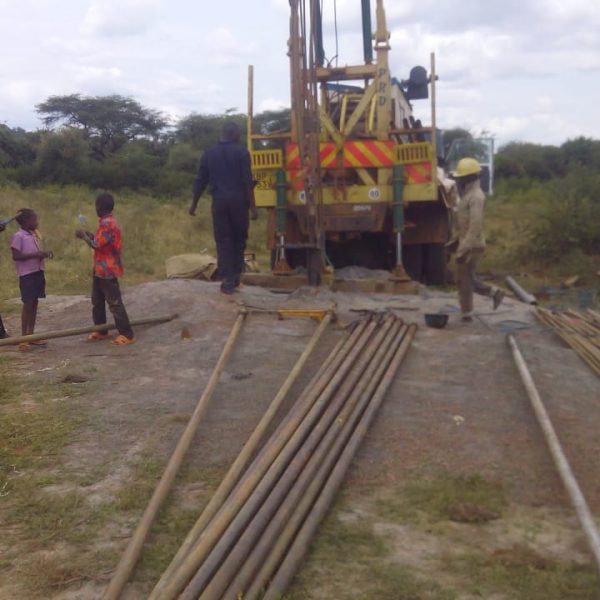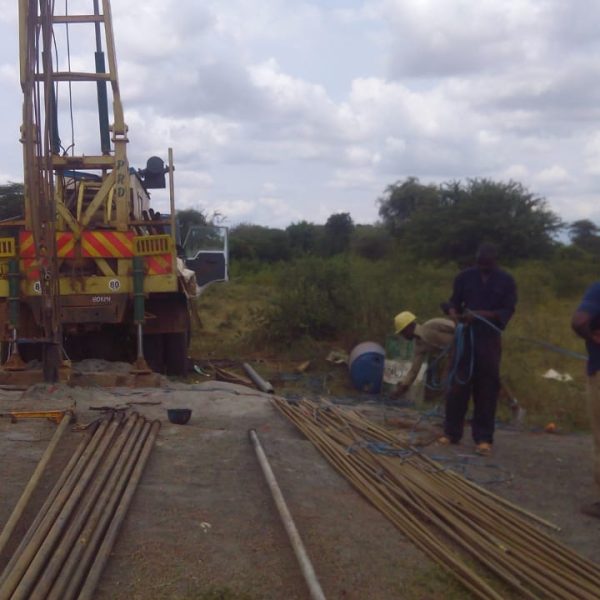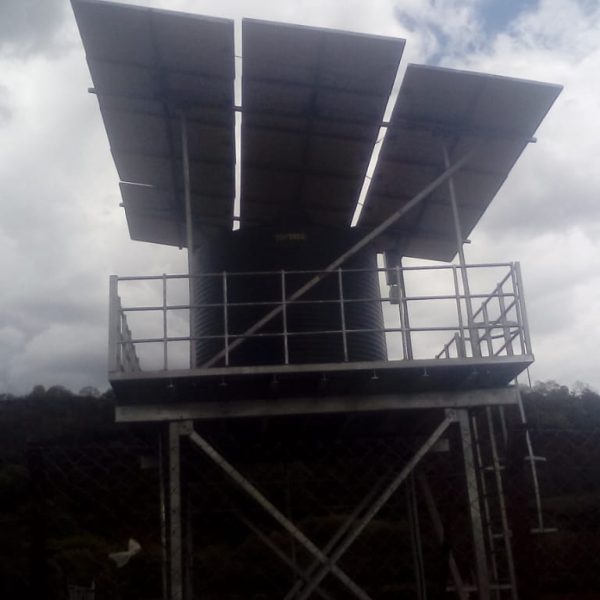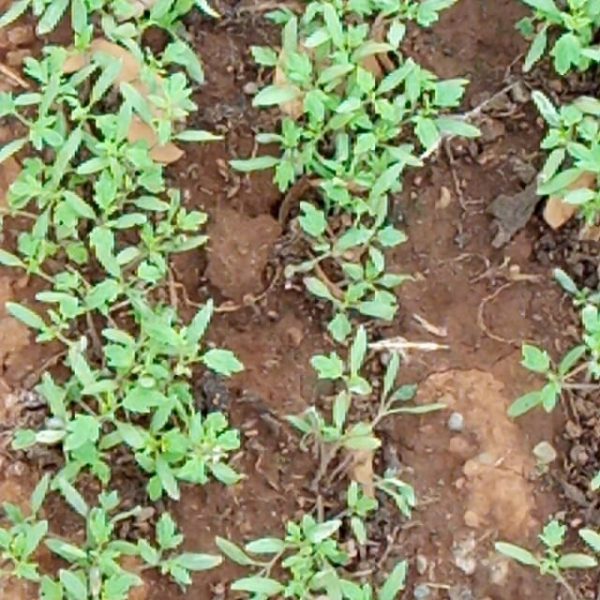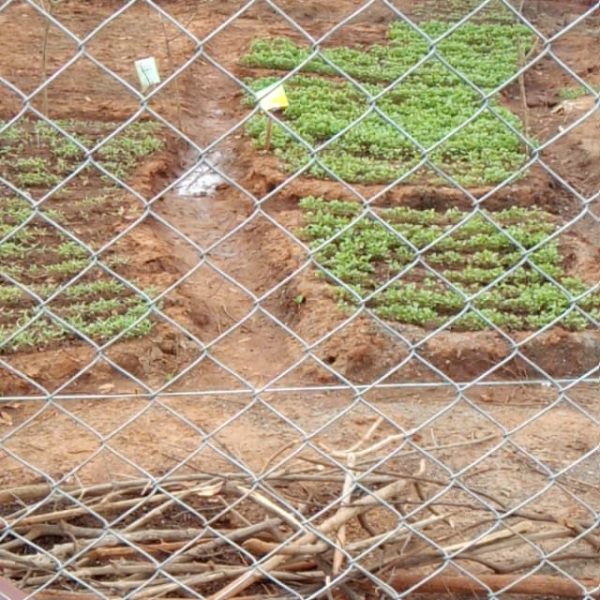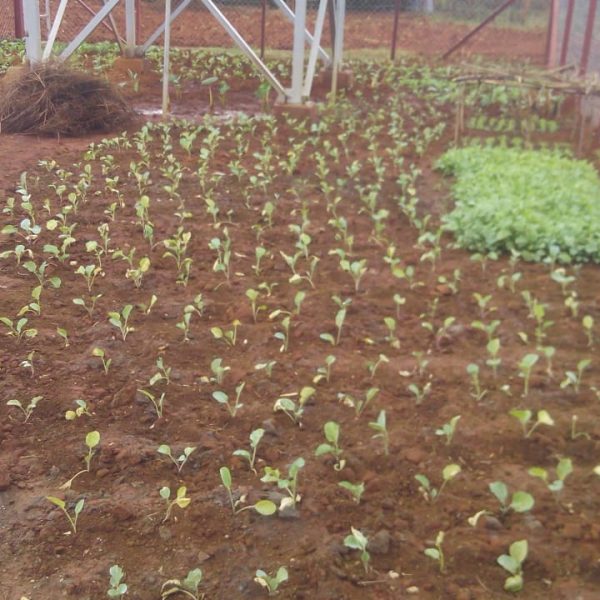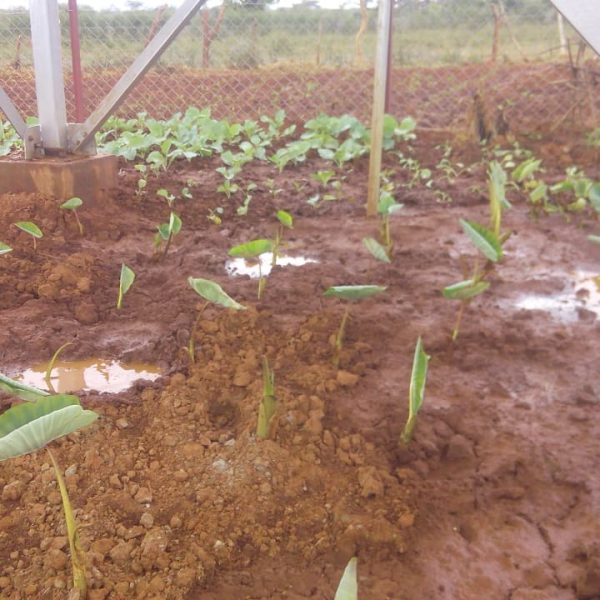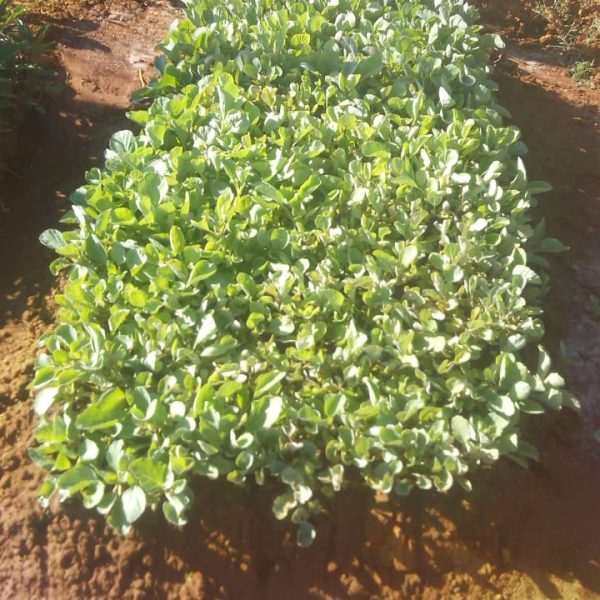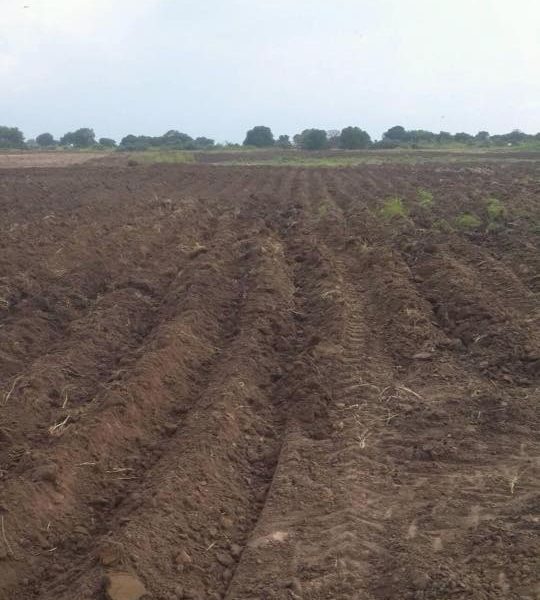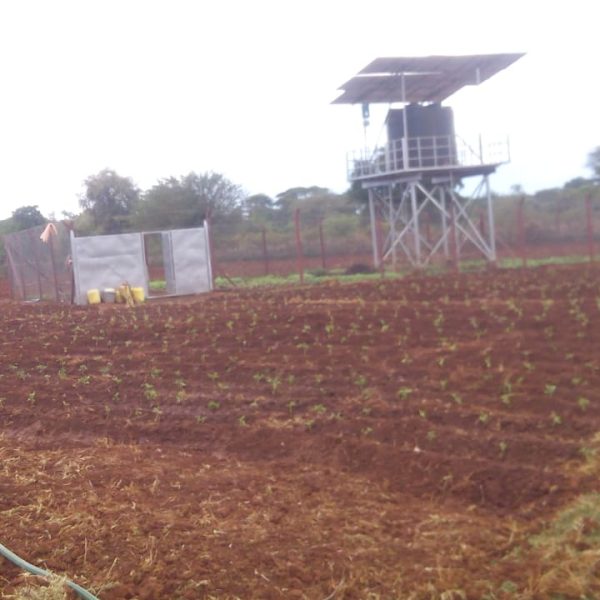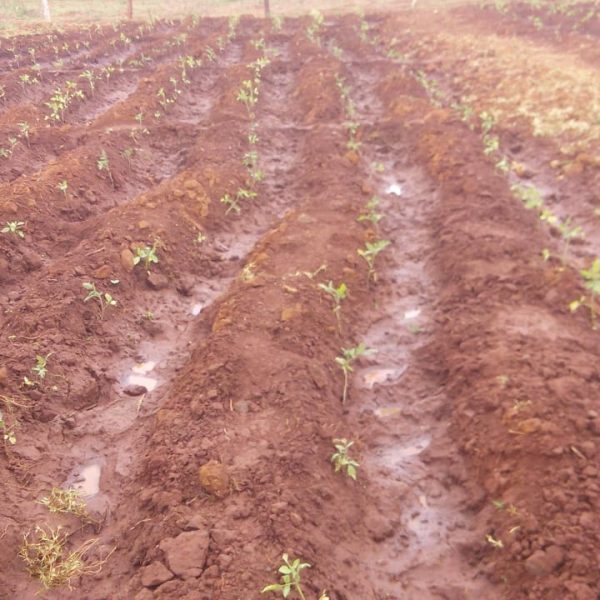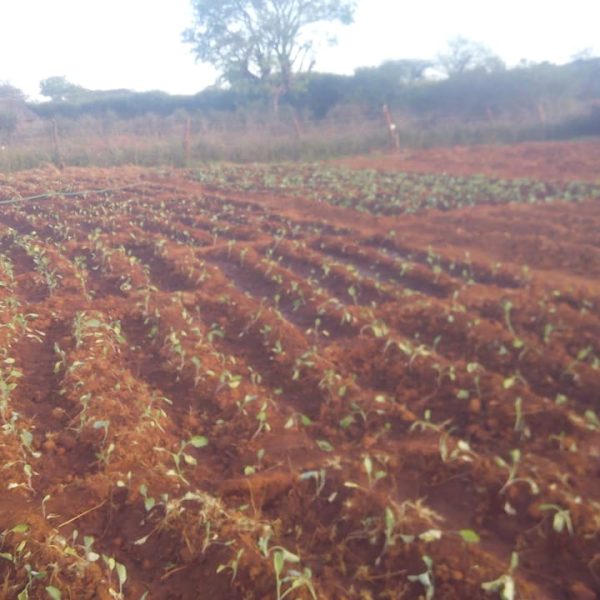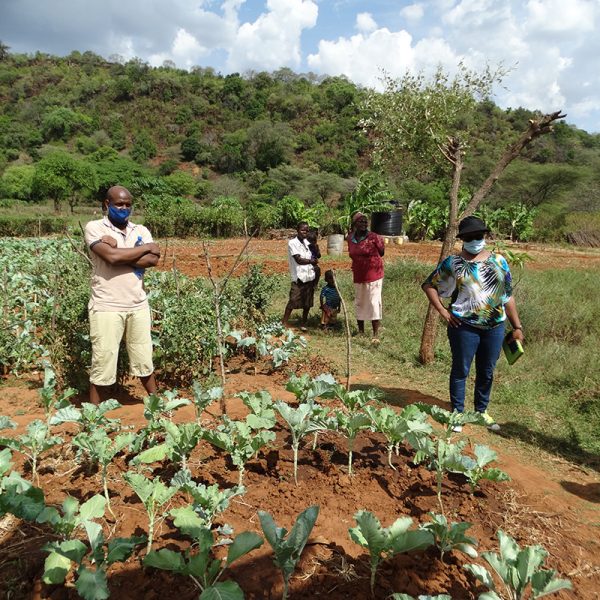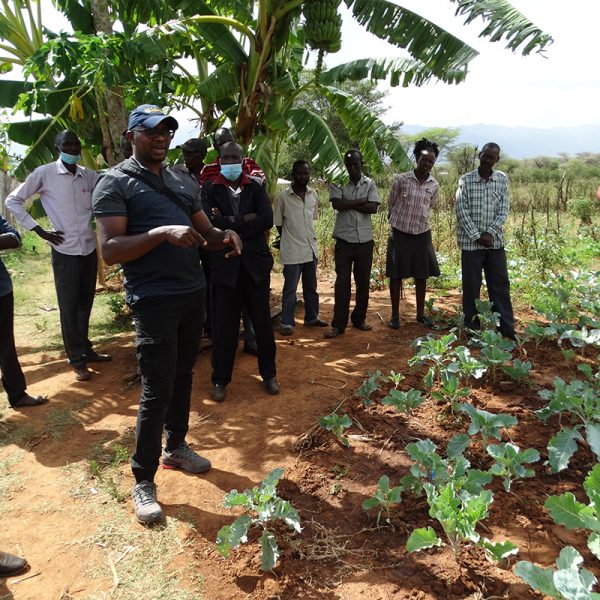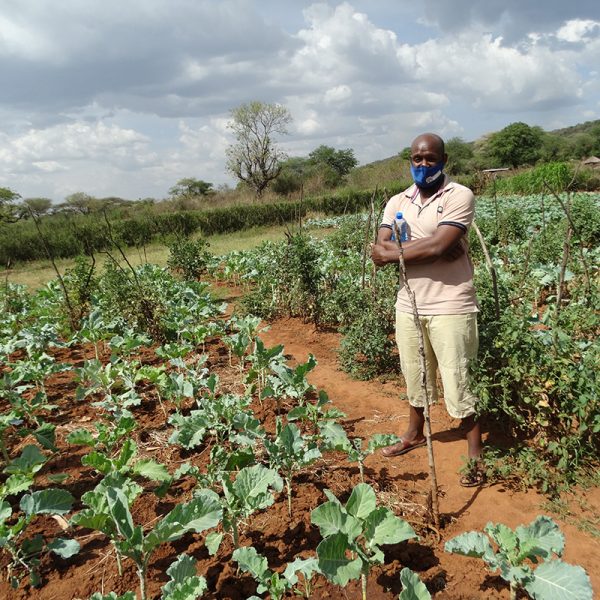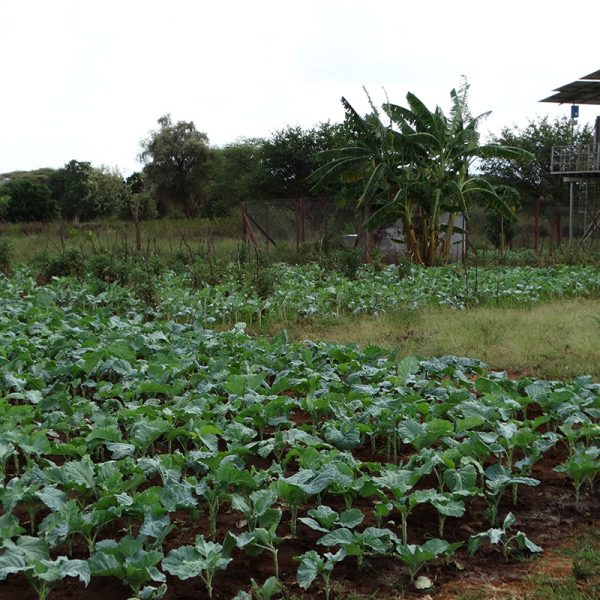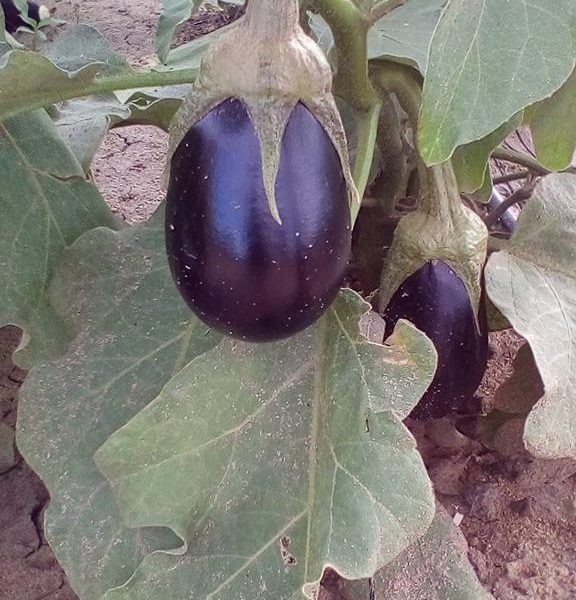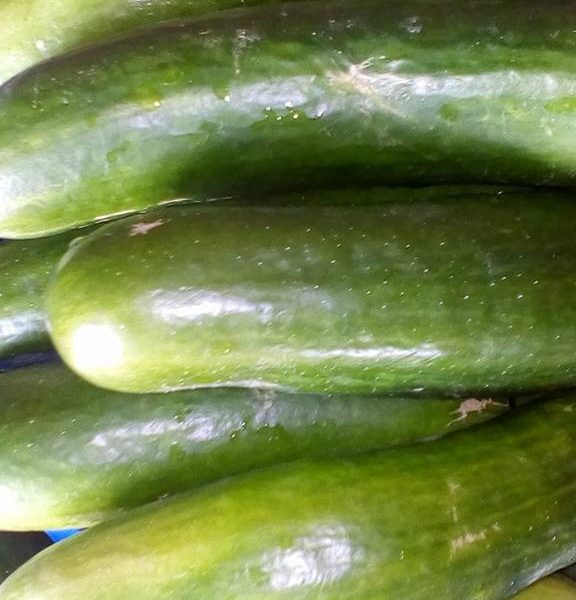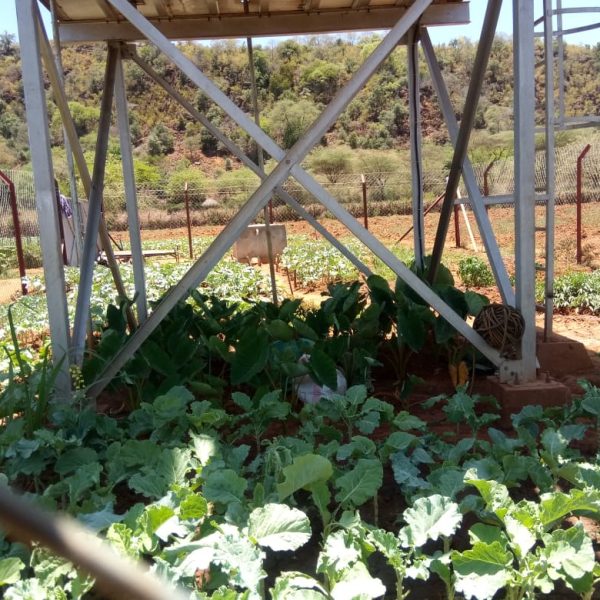Pioneering Insights for Agricultural Advancement
Agriculture For Peace Building Through Irrigation Farming (APBIF) Project
Land and water management build resilience against climatic challenges. By employing adaptive strategies, we empower farmers to thrive in changing conditions while safeguarding the integrity of natural resources.
Location
Kenya, Baringo County, Maregut, Rift Valley.
Farm Size
10 Acres
Climate
Annual high temperature: 24.89ºC (76.8ºF) Annual low temperature: 12.04ºC (53.67ºF) Average annual precipitation.: 230.32mm (9.07in) Humidity:76.39%
Introduction
22/03/2020
Agriculture for Peace Building Through Irrigation Farming (APBIF) is a project that seeks to promote peace and stability in conflict-prone areas by using irrigation farming as a tool for economic development and social cohesion. The project aims to address the root causes of conflict by providing livelihood opportunities and improving food security for communities in these areas. Launched in 2018, the project sought to transform the dry and arid region of Maregut into a thriving agricultural hub by introducing modern irrigation systems.
The APBIF project focuses on the development of sustainable irrigation systems that allow for year-round food production, even during periods of drought. By providing access to water for irrigation, the project aims to increase agricultural productivity and reduce the reliance on rain-fed agriculture, which is often unreliable in arid and semi-arid regions.
In addition to improving food security, the APBIF project also promotes social cohesion by bringing together communities to work on shared irrigation systems. This helps to break down barriers and foster mutual understanding and cooperation between different groups, reducing the risk of conflict and promoting peace.
The APBIF project also provides training and support to farmers to help them make the most of the new irrigation systems. This includes training on modern farming techniques, such as crop diversification and integrated pest management, as well as support in marketing and selling their products.
One of the key features of the APBIF project is its focus on using local resources and involving local communities in the design, construction, and management of the irrigation systems. This not only ensures the sustainability of the systems but also provides an opportunity for community members to develop new skills and take ownership of the project.
The Agriculture for Peace Building Through Irrigation Farming (APBIF) project offers a promising solution to the challenges of conflict and food insecurity in arid and semi-arid regions. By using irrigation farming as a tool for economic development and social cohesion, the project is helping to create a more peaceful and sustainable future for communities in these areas.
01. Site Selection and Preparation
22/11/2018
The APBIF project in Maregut, Kenya required a substantial amount of land clearing in order to make way for the large-scale irrigation systems. The task of clearing the land was a challenging one, as the area was covered with dense vegetation and trees. The team involved in the project worked tirelessly to clear the land, using heavy machinery and manual labor to remove the trees and other obstacles.
The land clearing process was carried out with the utmost care and respect for the environment. The team made sure to minimize the impact on the local ecosystem, and steps were taken to protect the wildlife and other important species in the area. In order to prevent soil erosion, the team also implemented measures such as installing erosion control barriers and planting vegetation along the banks of the rivers.
The end result of the land clearing process was a large, cleared space, ready for the construction of the irrigation systems. The cleared land not only allowed for the construction of the irrigation systems but also created new opportunities for farmers in the region. With the removal of the rocks and vegetation, farmers now had access to fertile and usable land, which they could use to grow crops and raise livestock.
In addition to the new opportunities, the land clearing process also helped to reduce the risk of wildfires in the region. With the dense vegetation and rocks removed, there was less fuel available to sustain a fire, making the area safer for the local residents and wildlife.
Despite the challenges, the land clearing process was a crucial step in the success of the APBIF project. It allowed for the construction of the irrigation systems and paved the way for sustainable agriculture in Maregut, Kenya. The end result was a thriving agricultural community, with improved food security, employment opportunities, and a better quality of life for the local residents.
02 - Borehole Drilling In Action At Maregut
26/11/2018
The project then involved the drilling of boreholes to provide a sustainable source of water for the irrigation systems. The boreholes were drilled to a depth of several hundred feet, tapping into underground aquifers to provide a reliable source of water.
The process of borehole drilling was carried out by a team of experts, who used specialized equipment and techniques to ensure the drilling was carried out safely and efficiently. The boreholes were drilled in strategic locations, ensuring that water could be easily transported to the fields and other areas where it was needed.
The boreholes were a critical component of the APBIF project, providing the water needed for the irrigation systems to function effectively. With a reliable source of water, the farmers in Maregut were able to grow crops all year round, even during the dry seasons. The water from the boreholes also provided a source of drinking water for the local residents, improving their overall quality of life.
In addition to the practical benefits, the boreholes also had a positive impact on the environment. With the introduction of a reliable source of water, the local residents were able to reduce their dependence on the rivers and other natural water sources, helping to conserve these resources for future generations.
Overall, the borehole drilling component of the APBIF project was a resounding success. It provided a critical source of water for the irrigation systems, improving food security, employment opportunities, and the quality of life for the local residents in Maregut, Kenya.
The land clearing process was carried out with the utmost care and respect for the environment. The team made sure to minimize the impact on the local ecosystem, and steps were taken to protect the wildlife and other important species in the area. In order to prevent soil erosion, the team also implemented measures such as installing erosion control barriers and planting vegetation along the banks of the rivers.
The end result of the land clearing process was a large, cleared space, ready for the construction of the irrigation systems. The cleared land not only allowed for the construction of the irrigation systems but also created new opportunities for farmers in the region. With the removal of the rocks and vegetation, farmers now had access to fertile and usable land, which they could use to grow crops and raise livestock.
In addition to the new opportunities, the land clearing process also helped to reduce the risk of wildfires in the region. With the dense vegetation and rocks removed, there was less fuel available to sustain a fire, making the area safer for the local residents and wildlife.
Despite the challenges, the land clearing process was a crucial step in the success of the APBIF project. It allowed for the construction of the irrigation systems and paved the way for sustainable agriculture in Maregut, Kenya. The end result was a thriving agricultural community, with improved food security, employment opportunities, and a better quality of life for the local residents.
03 - Tank, Solar Pump Installation & Fencing
27/12/2018
In addition to the borehole drilling, the project also involved the installation of tanks, solar pumps, and fencing. The tanks were used to store the water from the boreholes and distribute it to the irrigation systems and other areas where it was needed. The tanks were made of durable materials, designed to withstand the harsh conditions of the region and provide a reliable source of water for years to come.
The solar pumps were also a key component of the project, providing a sustainable and eco-friendly way to move water from the tanks to the fields. The pumps were powered by solar panels, eliminating the need for costly and unsustainable energy sources. The pumps were highly efficient and reliable, ensuring that the farmers in Maregut had access to water when they needed it most.
The fencing was installed to protect the irrigation systems and fields from wildlife and other potential threats. The fencing was made of sturdy materials and was designed to withstand the harsh conditions of the region. The fencing not only protected the crops and irrigation systems, but it also provided a safe space for livestock to graze.
Together, the tanks, solar pumps, and fencing played a critical role in the success of the APBIF project. They provided a sustainable and reliable source of water, helping to improve food security and increase employment opportunities in Maregut, Kenya. The end result was a thriving agricultural community, with a better quality of life for the local residents.
04 - Crop Nursery
09/01/2019
The project then included the establishment of a crop nursery, which played a vital role in supporting the sustainable agriculture efforts in the region. The crop nursery was used to grow and cultivate various crops, including fruits, and vegetables.
The crop nursery was staffed by a team of experienced horticulturists and agricultural technicians, who were responsible for the care and cultivation of the plants. The team used the latest techniques and technologies to optimize plant growth and ensure the best possible results.
The crop nursery provided a source of high-quality, locally grown seedlings and plants, which were distributed to the farmers in Maregut. This not only helped to improve the quality of the crops grown in the region, but it also helped to conserve the local biodiversity. By growing a variety of crops, the farmers were able to diversify their agriculture practices, reducing their dependence on a single crop and improving their overall resilience.
In addition to the practical benefits, the crop nursery also had a positive impact on the local economy. The sales of the seedlings and plants generated income for the farmers and the local community, creating new employment opportunities and helping to stimulate economic growth.
The crop nursery was a vital component of the APBIF project, helping to support sustainable agriculture and improve food security in Maregut, Kenya. With the support of the crop nursery, the farmers in Maregut were able to grow high-quality crops, improving their quality of life and contributing to the overall success of the project.
05 - Ploughing
11/01/2019
The APBIF project in Maregut, Kenya then involved ploughing the fields, preparing them for planting. The process of ploughing was carried out by local farmers, who used modern ploughing methods and equipment to cultivate the soil. The ploughing process was critical to the success of the project, as it helped to loosen the soil, allowing for better root development and improved crop growth.
The ploughing was carried out in a sustainable and environmentally friendly manner, ensuring that the local ecosystem was protected. The farmers were trained in sustainable agriculture practices, ensuring that they were able to cultivate the land in a way that was beneficial for both their crops and the environment.
The end result of the ploughing process was fertile, well-prepared fields, ready for planting. With the support of the irrigation systems, the farmers were able to grow crops all year round, even during the dry seasons. This helped to improve food security in Maregut, Kenya, providing the local residents with a reliable source of fresh, nutritious food.
The ploughing process was an important part of the APBIF project, helping to support sustainable agriculture and improve the quality of life for the local residents in Maregut, Kenya. By preparing the fields for planting, the farmers were able to grow high-quality crops, contributing to the overall success of the project.
06 - Planting
16/01/2019
The project then involved planting crops in the prepared fields. The planting process was carried out by local farmers, who used a variety of crops, including fruits, and vegetables. The planting was done using the seedlings and plants from the crop nursery, ensuring that the farmers had access to high-quality, locally grown crops.
The planting process was carefully planned and executed, taking into account the local climate, soil conditions, and water availability. The farmers were trained in sustainable agriculture practices, ensuring that they were able to cultivate their crops in a way that was beneficial for both their crops and the environment.
The end result of the planting process was thriving, productive fields, producing fresh, nutritious food for the local residents. The irrigation systems, coupled with the planting process, helped to improve food security in Maregut, Kenya, providing the local residents with a reliable source of fresh, nutritious food, even during the dry seasons.
The planting process was a critical component of the APBIF project, helping to support sustainable agriculture and improve the quality of life for the local residents in Maregut, Kenya. With the support of the irrigation systems and the crop nursery, the farmers were able to grow high-quality crops, contributing to the overall success of the project.
07 - Farm Management Part 1
06/02/2019
The project also involved providing farm management training and support to the local farmers. The training was aimed at teaching the farmers how to optimize crop yields, improve the quality of their crops, and manage their farms in a sustainable manner. The training covered a range of topics, including soil management, crop rotation, pest control, and marketing.
The farmers were also trained in financial management, helping them to understand the costs and benefits of their farming operations, and to make informed decisions about how to manage their farms effectively.
The farm management support was provided by a team of experienced agronomists and agricultural technicians, who worked closely with the farmers to provide practical, hands-on support. The team also provided ongoing monitoring and evaluation, ensuring that the farmers were able to make the most of their farming operations.
The end result of the farm management support was improved farming practices, higher crop yields, and a more sustainable agriculture sector in Maregut, Kenya. The farmers were better equipped to manage their farms, to grow high-quality crops, and to make informed decisions about their farming operations.
The farm management component of the APBIF project was critical to the success of the project, helping to support sustainable agriculture and improve the quality of life for the local residents in Maregut, Kenya. With the support of the farm management team, the farmers were able to grow high-quality crops, contributing to the overall success of the project.
08 - Farm Management Part 2
08/03/2019
The project also involved regular monitoring and management of pests and crop diseases, ensuring that the crops were growing healthily and productively. The farmers were trained in identifying and controlling pests and diseases, using sustainable, environmentally friendly methods.
Thin poles were used to support the growing tomato plants, helping to prevent damage to the delicate stems and promoting healthy growth. The poles were carefully inserted into the ground, providing the tomatoes with the support they needed to grow and thrive.
Weed removal was also a critical component of the APBIF project, as weeds can compete with crops for water, nutrients, and sunlight. The farmers were trained in identifying and removing weeds, using sustainable methods that did not harm the environment.
Successful inter-cropping was also a key part of the APBIF project, with farmers planting a variety of crops together in the same fields. This helped to improve soil fertility, reduce pest and disease pressures, and increase crop yields. The farmers were trained in inter-cropping techniques, ensuring that they were able to make the most of their farming operations.
The end result of these activities was a thriving, productive agriculture sector in Maregut, Kenya, providing the local residents with a reliable source of fresh, nutritious food. The APBIF project helped to support sustainable agriculture, improve food security, and enhance the quality of life for the local residents.
09 - Produce and Harvest
14/04/2019
The project then involved the harvest of the crops grown in the fields. The harvest process was carried out by the local farmers, who were trained in sustainable agriculture practices, ensuring that the crops were harvested in a way that was beneficial for both the crops and the environment.
The harvest process was an exciting time for the local residents, as it marked the end of the growing season and the start of the distribution of fresh, nutritious food to the local community. The farmers were able to sell their crops at local markets, providing them with a source of income and helping to support the local economy.
The end result of the harvest process was an abundance of fresh, nutritious food, providing the local residents with a reliable source of food, even during the dry seasons. The irrigation systems, coupled with the harvest process, helped to improve food security in Maregut, Kenya, providing the local residents with a reliable source of fresh, nutritious food.
The harvest process was a critical component of the APBIF project, helping to support sustainable agriculture and improve the quality of life for the local residents in Maregut, Kenya. With the support of the irrigation systems, the farmers were able to grow high-quality crops, contributing to the overall success of the project.
10 - Distribution and Sales
14/04/2019
The APBIF project in Maregut, Kenya also involved the distribution and sales of the crops grown in the fields within the local community. The farmers were able to sell their crops at local markets, providing them with a source of income and helping to support the local economy.
The distribution and sales of the crops were carefully managed, ensuring that the farmers received a fair price for their crops and that the local residents had access to fresh, nutritious food at affordable prices. The sales process was monitored by the project team, who worked closely with the farmers to ensure that the sales were conducted fairly and transparently.
The end result of the distribution and sales process was improved food security for the local residents, as they had access to fresh, nutritious food, even during the dry seasons. The sales process also provided a source of income for the farmers, helping to support the local economy and improve the quality of life for the local residents.
The distribution and sales process was a critical component of the APBIF project, helping to support sustainable agriculture, improve food security, and enhance the quality of life for the local residents in Maregut, Kenya. The project helped to ensure that the local residents had access to fresh, nutritious food, while also providing the farmers with a source of income, contributing to the overall success of the project.
11 - Pilot Programme
24/05/2019
Baringo County is endowed with copious underground water, but unequally distributed through the region; yet less than 10% of its arable land receive benefits from water management. Moreover, the county is becoming extremely vulnerable to climate change, communities across the county are progressively dealing with climate unpredictability and weather risks. Dry spells are increasing and significant climate events such as distressing droughts are hitting some parts of the county more often, and there is an extremely crucial need to adapt new sustainable agricultural techniques.Smallholder farmers in the county have to shift focus from animal husbandry to both crop and livestock farming.
In the pilot project farmers use modest irrigation to farm their land. It facilitates farmers to attain a more profitable, reliable and sustainable production, intensify their resilience and alter their livelihoods. In this light, irrigation is very promising in Baringo County as it can promote rural development through food security, poverty alleviation and adaptation to climate change.
Whereas at national level, adaptation and mitigation involves a combination of investments in infrastructure and policy adjustments, more of on-farm adaptation is self-directed and depend on smallholder farmers. For this reason, there is a variety of technologies and good practices that are adapted to climate blows that need to be recorded and scaled up in the county and replicated in other counties. Furthermore, Baringo county is characterized by a wide variety of agro-ecologies and different access modalities to natural resources. These needs to better apprehend and further modify agriculture to guarantee resilience to growing climate hazards.
This pilot project is in collaboration with a self-help group who have come together to address the social-economic problems facing them as a community. They really need agricultural practice for livelihood sustainability among many other things. The Margut Community women will also see to it as big relief as currently they walk long distances looking for water for their domestic use through the water development section of the project.
The community access water from a river which is over 10km away. The river is contaminated by human activities such as bathing, cloth washing and grazing animals hence making its quality poor and unsafe for human consumption. In some homes they have been boiling the water before use which is environmentally costly. Many go back to taking raw water hence becoming victims of water borne diseases. The self-help group consists of 7 members whereas there are 500 households in the area where the pilot project operates who are also benefiting from it directly.
12 - Impact
24/05/2019
By addressing multiple aspects of sustainable development and promoting positive impacts on the environment, the economy, health, education, gender equality, rural development, and climate change, the agroforestry project played an important role in promoting sustainable and equitable development in the community. Below are some:
- Environmental impact: The project had a positive impact on the environment by promoting sustainable agriculture practices and reducing the use of chemical fertilizers and pesticides. The integration of trees with crops helped to conserve soil and water resources, increase biodiversity, and reduce soil erosion.
Economic impact: The project had a positive economic impact on the community by providing a source of income and creating employment opportunities. The sale of the tomato tree fruits helped to generate income for farmers and other members of the community, and the efficient distribution channels helped to maximize returns.
Social impact: The project had a positive social impact by promoting community development and strengthening community bonds. The project provided opportunities for community members to work together, share knowledge and resources, and build relationships.
Food security: The project helped to improve food security by providing a source of healthy, locally grown food. The use of sustainable agriculture practices helped to ensure the long-term viability of the agroforestry system and ensured that it would continue to provide food for the community in the future.
Knowledge transfer: The project helped to transfer knowledge and skills related to agroforestry and sustainable agriculture practices. This helped to build the capacity of community members and allowed them to share their knowledge with others, promoting the dissemination of best practices in sustainable agriculture.
Health impact: The project had a positive impact on public health by providing access to healthy, locally grown food. The use of sustainable agriculture practices helped to reduce the exposure of people to harmful chemicals and pollutants, and the availability of fresh produce helped to improve the overall diet and health of the community.
Education and training: The project provided opportunities for education and training related to agroforestry and sustainable agriculture practices. This helped to build the skills and knowledge of community members and provided them with the tools they needed to continue to develop and improve their agroforestry systems.
Women’s empowerment: The project helped to empower women by providing them with opportunities to participate in the agroforestry system and access to training and resources. This helped to increase their involvement in agriculture and improved their economic opportunities, promoting gender equality and social development.
Rural development: The project helped to promote rural development by providing income-generating opportunities for farmers and other rural residents. The efficient distribution channels and marketing strategies helped to reach markets beyond the local area, promoting economic growth and development in rural communities.
Climate change mitigation: The project had a positive impact on the environment by promoting sustainable agriculture practices and reducing greenhouse gas emissions. The integration of trees with crops helped to sequester carbon, and the reduction in the use of chemical fertilizers and pesticides helped to reduce the release of harmful chemicals into the environment.
By having a positive impact on the environment, the economy, the community, food security, and knowledge transfer, the agroforestry project was successful in achieving its objectives and making a positive difference in the lives of the people it served.
Reach Out and Connect
Contact Us Today
Reach out for inquiries, partnerships, product purchases, or want to know more about ApiTrace. We’re here to connect and collaborate on our journey toward a greener, harmonious world.
info@thesourceplus.org

